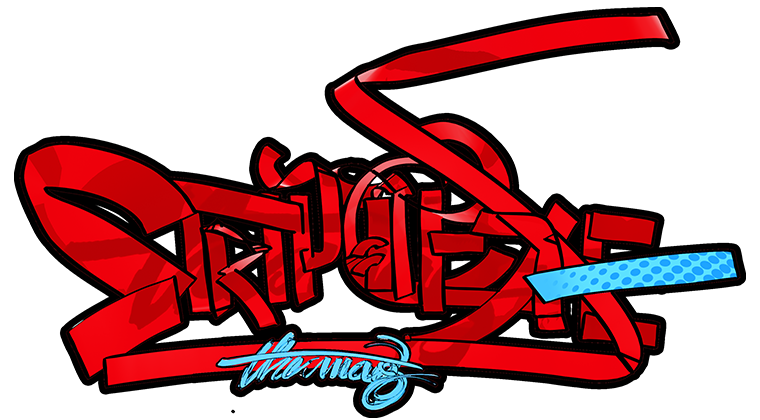Supergod: The Postmodern Prometheus
Warren Ellis is a futurist. He looks at trends and developments taking place in the present and predicts what changes these things will lead to in the future. In Supergod, he uses the super-beings as metaphors for weapons of mass destruction and paints a terrifying picture of what might happen if the international arms race continues. The paranoia and distrust of international politics and the rapidly changing landscape of weapons technology leads to the worst disaster imaginable. Ellis’ take on the western world’s misunderstanding of post-communism Russia is especially compelling.
 Supergod is also a cynical look at the world’s religions and people’s dependence on divine beings to save them. It shows that beings that have consciousnesses and abilities far beyond humans are not likely to have the humans’ best interests at heart. The series’ logline succinctly sums up its view on religion: ‘Praying to be saved by a man who can fly will get you killed.’
Supergod is also a cynical look at the world’s religions and people’s dependence on divine beings to save them. It shows that beings that have consciousnesses and abilities far beyond humans are not likely to have the humans’ best interests at heart. The series’ logline succinctly sums up its view on religion: ‘Praying to be saved by a man who can fly will get you killed.’
Characterization is virtually non-existent in Supergod. Ellis provides us with a point-of-view character in the form of Dr. Reddin, a former member of the team of scientists who worked on the Morrigan Lugas project. However, Dr. Reddin’s job is to merely recite the story. He has no real arc to speak of. Ellis is more interested in exploring his ideas than relatable characters.
The art duties are handled by Garrie Gastonny. Gastonny’s pencils are realistic and almost cinematic. The comic is brutally violent, and Gustonny never flinches from showing us the gore. However, his art lacks in detail. Perhaps Ellis’ frequent collaborator on Avatar Press comics, Juan Jose Ryp, would have been a better choice for this book. Gastonny’s designs for most of the super-beings are interesting, as he tries to blend the techno-organic look with the mythical depictions of the godlike creatures. But some of the designs, like Malak and Maitreya, seem a bit uninspired and too plain.
Supergod is comic book that takes the question posed by Mary Shelley’s Frankenstein and refits it to a post-nuclear, post-genetic engineering world. It takes the consequences of humans playing god with scientific tools and cranks them up to eleven. If Frankenstein was the Modern Prometheus, then Supergod can lay a fair claim to the title of Postmodern Prometheus.

